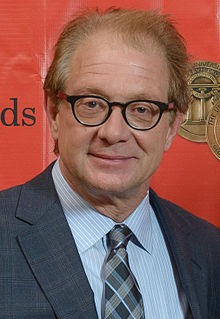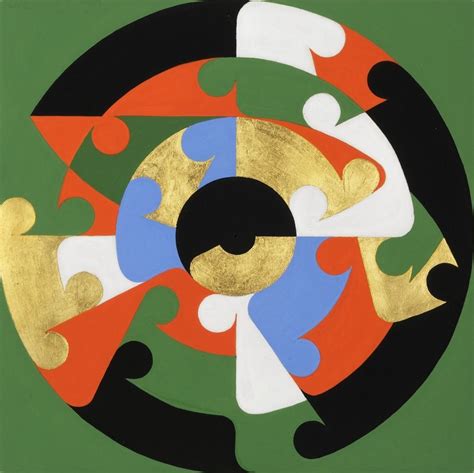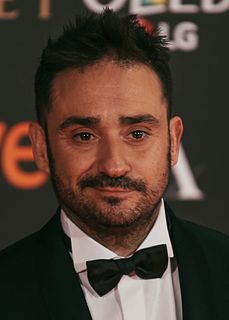A Quote by Jeff Perry
Everything about camera movement, about how film was made, shot architecture, and time management... I was horrible at all that.
Quote Topics
Related Quotes
If I'm ever working on a set and anyone talks about a master shot, I say there is no master shot. Before I even went to film school, I learned about movies by being in a British feature film, where everything was shot master shot, mid-shot, close-up. But I reject the idea of a master shot. You don't shoot everything mechanically; you find imaginative ways that serve the action.
Silence Of The Lambs? is a ?fantastic? film. It's a horror film, and it's an incredibly well-told film that is about point of view in such a unique way. The way that film is shot, the way the eyelines are so close, if not directly into camera, betrays an intimacy with the characters and the audience.
To spend any time with someone who is among the top five film composers of the last 50 years is pure gold dust. I mean, not necessarily stylistically, because everyone is different in what their music sounds like, but the approach and how to look at a film, how to think about a film, how to decide what you want to do, how to think about characters, how to think about art, how to think about narrative, how to liaise with producers, how to liaise with directors.
One of the first decisions I made, as the director of "Hide and Seek," was that our film would be silent and use underscoring of original music that I was planning on composing. The decision was mostly predicated on knowing how time consuming the editing of dialogue can be and given the various locations we shot in, I didn't want to worry about having to mix room tones in such a short amount of time.




































